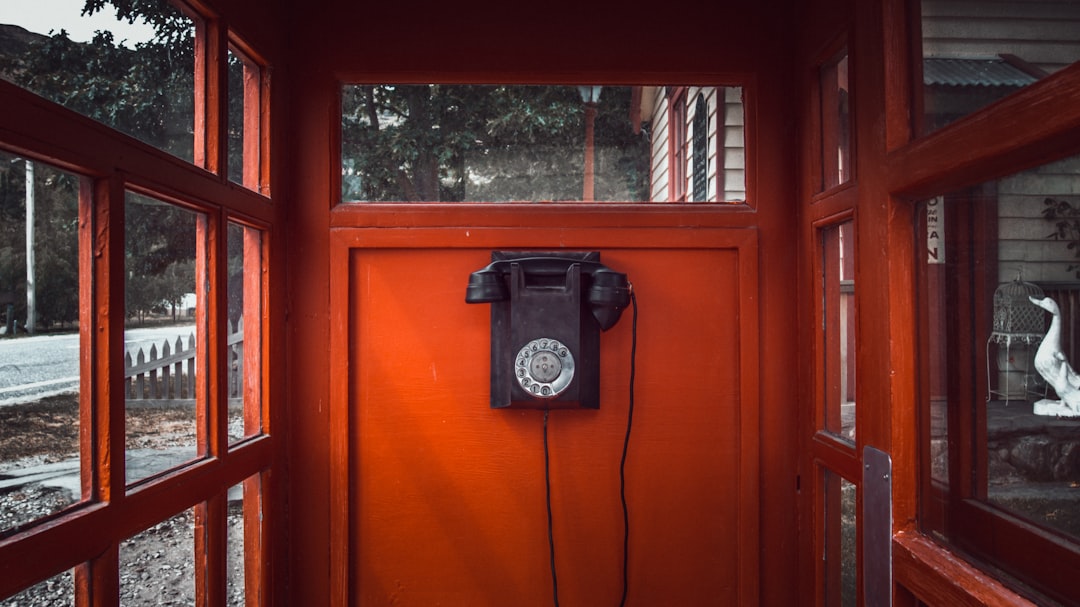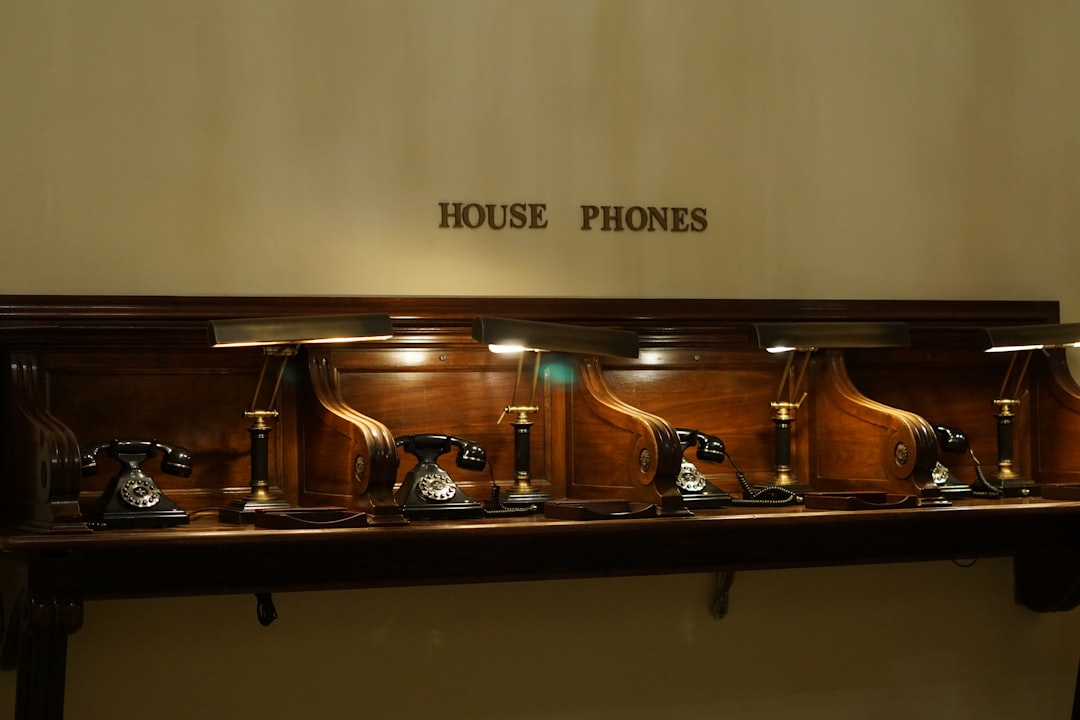Maine has stringent laws to combat spam calls, with the Maine Attorney General's office providing clear guidelines and a dedicated Spam Call law firm to protect consumer privacy. The state defines telephone solicitation broadly, including live operators and automated systems, and requires telemarketers to obtain prior consent with opt-out options. Consumers can register their numbers and businesses must follow strict rules for marketing calls, empowering locals to control unwanted nuisance calls via Maine's robust legal framework, particularly in border areas like Van Buren.
Van Buren residents often find themselves at the intersection of Maine’s telephone solicitation laws and cross-border marketing practices. This article delves into how Maine’s regulations, specifically targeting spam calls, impact those in Van Buren, particularly with neighboring states. We explore the legal landscape, including what constitutes unsolicited calls, and equip Van Buren homeowners with tools to combat unwanted solicitations. For a deeper understanding of your rights, consider consulting a spam call law firm in Maine.
Maine's Telephone Solicitation Laws: A Brief Overview

In the state of Maine, telephone solicitation is a regulated activity, especially in border areas where residents might face an increased number of unsolicited calls from out-of-state or international sources. The Maine Attorney General’s office outlines clear guidelines to protect consumers from spam calls, with laws specifically targeting telemarketers and call centers. These regulations are designed to prevent aggressive sales tactics and ensure residents’ privacy.
The Spam Call law firm in Maine plays a crucial role in upholding these rules, offering legal assistance and guidance to both businesses operating within the state and residents dealing with nuisance calls. By understanding the definition of telephone solicitation, as interpreted by Maine’s legal framework, locals can better navigate their rights and report any violations. This proactive approach helps maintain a peaceful living environment, free from excessive marketing calls.
– Explanation of Maine's laws regarding telemarketing and solicitation

Maine, like many states, has strict laws in place to protect residents from unwanted telephone solicitations, particularly from spam calls. The state’s regulations are designed to ensure that consumers can enjoy their privacy and peace of mind while avoiding persistent and intrusive marketing efforts. Under Maine law, telemarketing refers to any message or call made for the purpose of promoting or selling a product or service, often characterized by pre-recorded messages or automated dialers.
The definition of telephone solicitation in Maine includes any verbal attempt to sell or promote products or services through live operators or automated systems. This covers various forms of communication, including landlines, cell phones, and VoIP services. To combat spam calls, the state has implemented specific rules for telemarketers, such as requiring prior consent from recipients and providing an opt-out option during each call. Consumers can also register their phone numbers with the Maine Public Utilities Commission to block most telemarketing calls, helping them manage unwanted solicitations effectively.
– Key provisions and restrictions outlined

In Maine, the definition of telephone solicitation is crucial for residents of Van Buren and surrounding areas to understand, especially in border regions where communication laws can be complex. The key provisions under Maine’s Spam Call law firm regulations include restrictions on automated calls, prerecorded messages, and certain types of live sales calls. These measures are designed to protect consumers from unwanted or deceptive marketing practices.
Under this legislation, businesses must obtain prior express written consent from residents before initiating telemarketing calls. This means that if you haven’t explicitly agreed to receive calls from a specific company, such unsolicited phone solicitations could be considered illegal. Additionally, the law restricts the use of certain devices and techniques that can make it harder for individuals to opt-out of these calls, ensuring consumers have control over their privacy.






